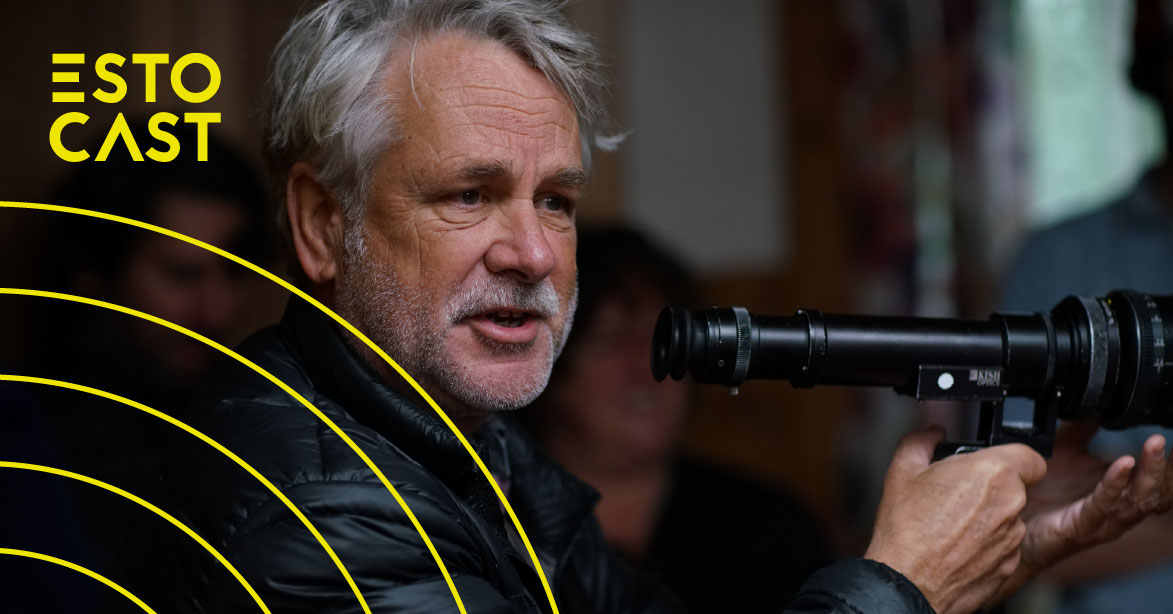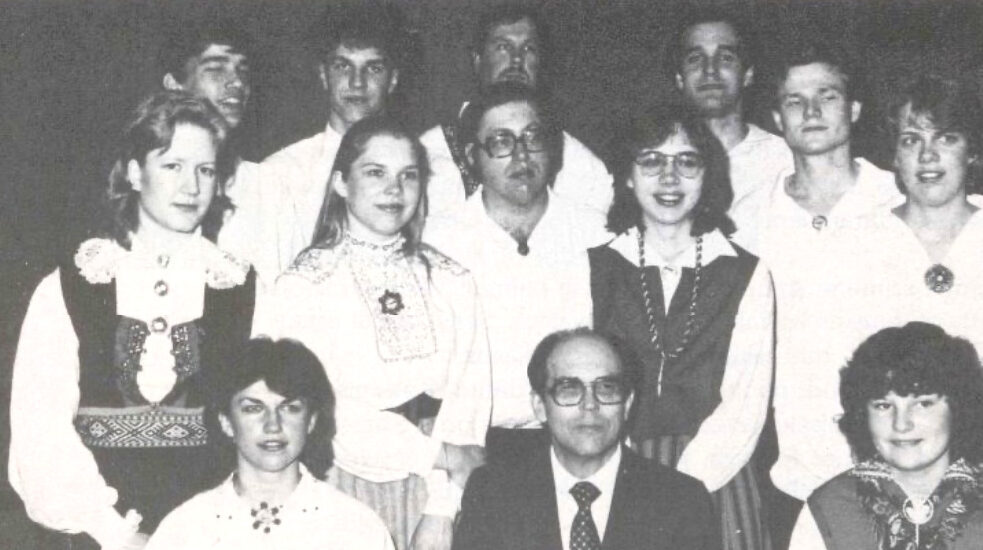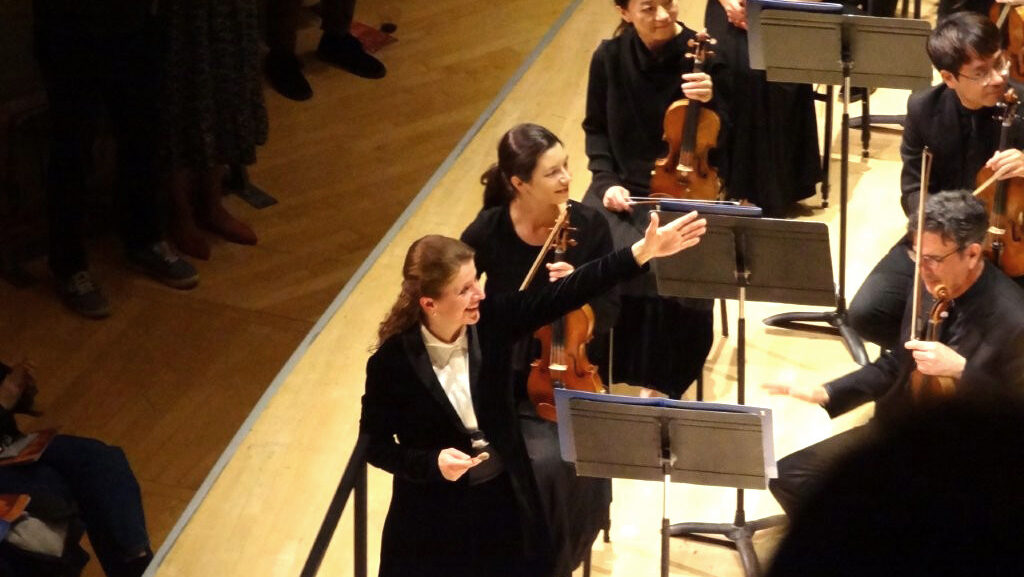This is understandable, given the way international fees can make the cost of that time abroad prohibitively expensive. However, there are avenues one can take with the support of scholarships and grants, to make studying abroad, including in Estonia, more affordable. In particular, possibilities are opened up when you are at the postgraduate level.
You may choose to complete an entire degree in Estonia, for which it is free if the language of teaching is Estonian or if you're working towards a PhD. But if you speak only a little bit of the language, or you want to divide your study time between multiple countries, the European exchange programme known as Erasmus is a strong solution.
The Erasmus Programme is named after Dutch philosopher and theologian Desiderius Erasmus Roterodamus and, according to the European Commission, ERASMUS also happens to be an acronym for “EuRopean Community Action Scheme for the Mobility of University Students.”
The Erasmus Programme was founded in 1987, and since then, it has been fostering connections between young generations of Europeans through inter-university exchanges. Since 2014, the programme, with an updated name of Erasmus+, has expanded its offerings “for education, training, youth, and sport.”
So how can you take part?
One possible approach is to enroll in a university in a country that's part of the EU (with acquiring temporary residence made easier if you have an Estonian passport) and then apply for one of your years to be at another institution that has an existing relationship with your university. This is an option for undergraduate students interested in trying out the Erasmus Programme, too.
Beyond this, though, depending on where you are completing your master's degree studies in Canada, you can study for one or two semesters in Europe through the Erasmus Mundus Joint Master Degree programme. Canadian universities with Erasmus+ connections include Université de Montréal and the University of Ottawa.
The EMJMD programme allows students to study in at least two different universities over a period of two years. According to the European Commission, the associated EMJMD scholarships are designed to cover “tuition, travel, and a living allowance.”
As an example, one public health student from Western University went to the University of Sheffield in England, École des hautes études en santé publique (EHESP) in France, and Jagiellonian University in Poland. Writing about the programme in 2019, she noted that “Our program is very supportive, providing us with housing tips, visas and language courses. We have become integrated in each university and country we move to – joining clubs, participating in academic and social events, and volunteering in the community.” The EMJMD is also accessible to professors.
Institutions in Estonia that participate in Erasmus+ include Eesti Maaülikool (the Estonian University of Life Sciences), Tallinn University, and the University of Tartu (a participant since 1999).
If you are interested in pursuing something like this, it's recommended to contact your university's international office and determine where they have connections abroad and how you can commence the application process. Individual university staff and those involved with Erasmus+ are very helpful when one has questions or concerns before and during an exchange.
It can be a formative life experience, one that gives you even more independence and an educational challenge with the reassurance of a support network. Outside of the day-to-day learning and research you undertake, it should be said how much fun one will have attending parties and going on short trips in the vicinity of your host university. This is just as much part of university life as hitting the books.
If you want to see what it's like to live abroad, to make new friends and jump into language learning by immersion, an exchange could be right for you!
This article was written by Vincent Teetsov as part of the Local Journalism Initiative.




